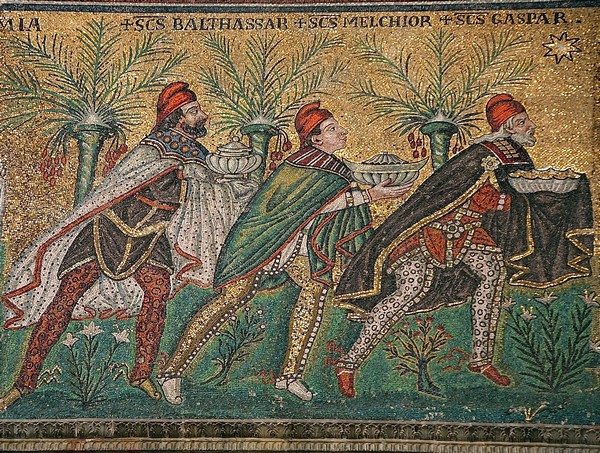
"Saying, Where is he that is born King of the Jews? for we have seen his star in the east, and are come to worship him."
Matthew 2:2
Matthew the Evangelist briefly tells us about the wise men who came to Bethlehem to worship Mary's baby and offer him gifts, and tradition has completed the missing information: the wise men are three, they are kings, richly dressed, they travel riding camels and are accompanied by pages. Poets have also spoken of them; sometimes in good-humoured tone, such as Goethe (a delightful poem that Wolf turned into a delightful Lied), sometimes with simple devotion, as found in Heinrich Heine's 37th poem in Die Heimkehr. Three stanzas tell us of their way to Bethlehem (avoiding, as usual, the role of the manipulative Herod) and make us smile at the end about the fuss in Joseph's house, with the ox bellowing, the baby crying and the three holy kings singing.
In 1905 Strauss published his last compilation of songs before a standstill that lasted until 1918, when he returned to the genre in a peculiar way. The standstill was caused by the composer's dedication to opera; these six Lieder, Op. 56, were composed just after the premiere of Salome and while composing Elektra. The last Lied sets into music Heine's poem about the Kings, Die heiligen drei Könige aus Morgenland, and is part of the series we're currently following, "The Buch der Lieder and ten composers". It's a little-known and, in my view, beautiful Lied, that makes us think about the composer's orchestral Lieder, his Gesänge and Hymnus. A long prelude of religious atmosphere anticipates the mystery we're going to live, and we hear the celebration of the kings in the even longer postlude.
Strauss composed the six songs of the Op. 56 for voice and piano, and immediately orchestrated Die heiligen drei Könige aus Morgenland; I chose to share with you the orchestrated version performed by Gundula Janowitz and the Academy of London conducted by Richard Stamp; if you know Strauss' symphonic poems and operas, you'll find the orchestration somehow familliar. I thought it was also worth listening to the original version for voice and piano, if you have a few more minutes; I chose the performance of Christiane Karg and Gerold Huber.
The power of magic achieves that the Three Wise Men travel from the East to our homes once a year to bring us hope. Tonight is the night, and I wish you that the hope they give you lasts the whole year.
Die heil'gen drei Kön'ge aus Morgenland,
Sie frugen in jedem Städtchen:
Wo geht der Weg nach Bethlehem,
Ihr lieben Buben und Mädchen?
Die Jungen und Alten, sie wußten's nicht,
Die Könige zogen weiter;
Sie folgten einem goldenen Stern,
Der leuchtete lieblich und heiter.
Der Stern blieb stehn über Josephs Haus,
Da sind sie hineingegangen;
Das Öchslein brüllte, das Kindlein schrie,
Die heil'gen drei Könige sangen.


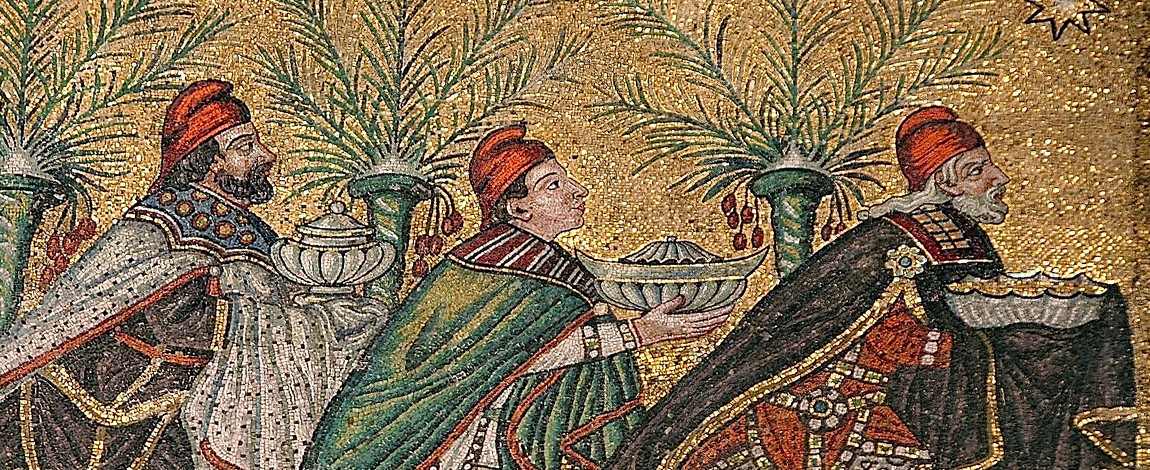
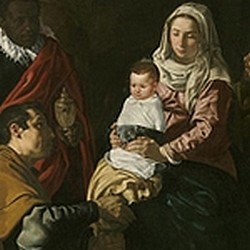
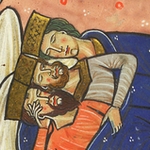
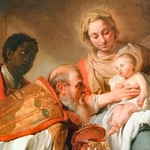











Comments powered by CComment